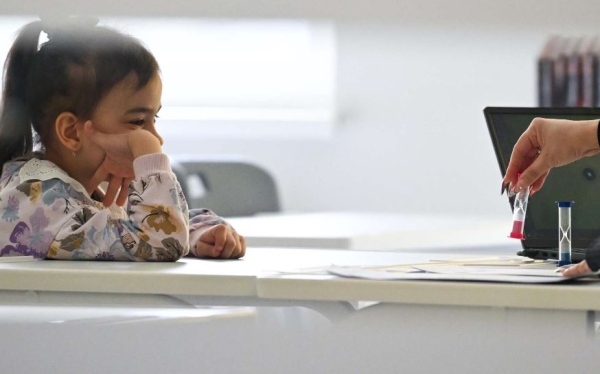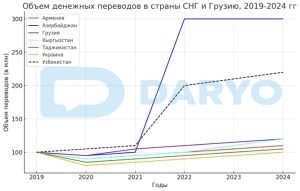
Russian authorities have rejected the majority of applications for participation in Russian language testing for children of migrants, Rospotrebnadzor (the Federal Service for the Oversight of Consumer Protection and Welfare) reported on May 13.
“As of the start of the testing period, 1,762 applications had been submitted. 81% of them were rejected. Reasons for rejection included incomplete documentation, lack of available spots in educational institutions, and inaccurate information in the submitted forms,” the agency stated.
According to the agency, 335 children were allowed to take the test, 44 of whom have already participated. Of them, 27 students (or 61%) passed, while the rest did not.
Currently, testing is being held in 2,356 educational institutions, and it has already taken place in ten regions of Russia.
Rejections were most often due to missing documents, no available places in schools, or inaccurate data, Meduza reported.
Vyacheslav Volodin, Speaker of the State Duma (Russia’s lower chamber of parliament), commented on the figures on May 14, stating that “lawmakers made the right decision” by supporting amendments introducing Russian language testing for migrant children.
Following the Crocus City Hall terrorist attack in 2024, Russia introduced stricter measures targeting migrants, including:
- Restrictions on obtaining residence permits through marriage
- New rules for deportation
- A ban on registering more than ten SIM cards for non-residents
- Limitations on enrolling migrant children in schools unless they know Russian.
Since February 5, Russia has also maintained a registry of "controlled persons", which includes foreigners staying in the country illegally. Individuals added to this list lose access to a range of rights.




